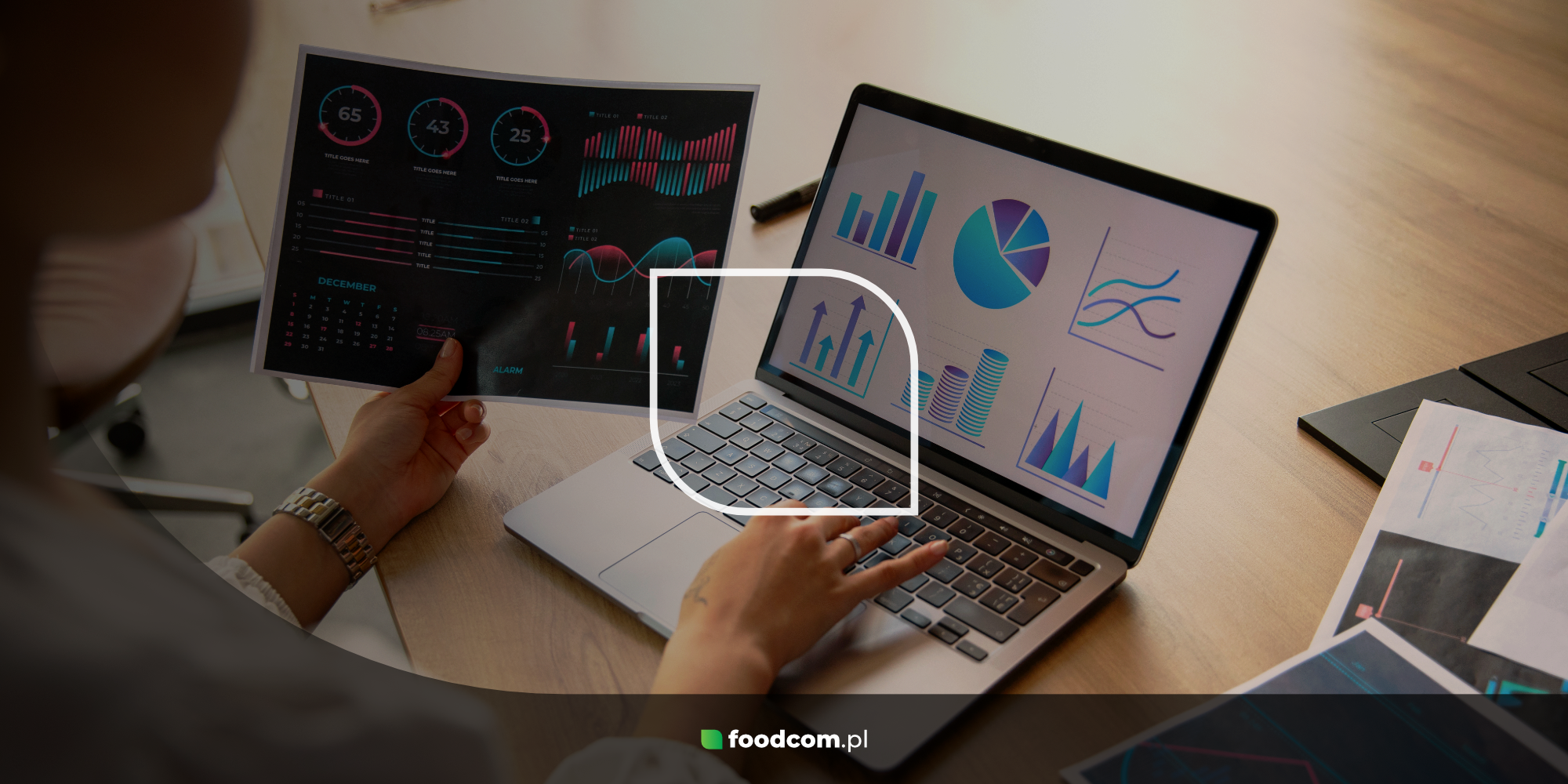- Analytical skills are crucial in professional and personal life, enabling effective problem-solving and informed decision-making.
- Developing these skills requires regularity, openness to new experiences and learning from mistakes.
- Regular exercises, such as data analysis and group discussions, are essential for developing analytical thinking.
- Analytical skills are particularly valued by employers, supporting the creation of data-driven strategies.
Analytical skills are a key aspect in many areas of life; both professional and private. They allow us to effectively solve problems, make accurate decisions and better understand complex situations. Modern times, dominated by the rapid development of technology, challenge us to interpret huge amounts of data. Analytical ability is not an innate trait, but a skill worth developing.
Importantly, it is also useful in everyday life. For example, when managing finances or resolving conflicts. To improve these skills, it is worth using various techniques and tools. The development of analytical thinking requires: regularity, openness to new experiences, learning from mistakes or using the knowledge of others. With regular practice, everyone will improve their abilities in this area and better cope with both professional and personal challenges.
The importance of analytical skills, at home and at work
They play a key role in both personal and professional life. At work, they enable effective problem solving, informed decision making and data analysis, which is essential in many industries. Employers value analytical skills because they allow them to create business strategies based on facts, enabling them to anticipate future challenges.
At home, analytical skills help, for example, in managing budgets, planning purchases and organizing daily chores. They enable you to better understand and evaluate different situations. This leads to more efficient management of time and resources. Developing these skills benefits many aspects of life, increasing our ability to think logically and make sound decisions.
How to develop analytical thinking?
Developing analytical skills is a long process. A key step is continuous practice in the area of analytical work involving collecting, analyzing and interpreting data. You can start with everyday tasks, such as evaluating available information or drawing conclusions based on facts. It is worth asking yourself questions: what are the causes of a given problem? What solutions are possible? With such reflections, you can gradually develop analytical skills. Note that these skills are closely related to soft skills.
Therefore, it is a good idea to engage in group discussions, exchanging ideas and perspectives. Working together analytically on problems helps, develop analytical skills. It is also a good idea to use technological tools, such as data analysis software, to help interpret information. Regular practice of data analysis, in business or everyday life, will help build a solid foundation of analytical thinking. The key to success is persistence and learning, which will bring tangible benefits in the long run.
Practice: the importance of regular analytical exercises
Regular practice is key to developing analytical skills. It is through systematic practice that we shape our analytical mind. It is worth investing time in a variety of exercises that stimulate analytical thinking.
The first of these is the case study. It involves analyzing real-life situations to understand what influenced the decisions made. This allows you to develop the ability to evaluate different scenarios and the consequences of their implementation.
The second exercise is solving logic puzzles and riddles. They develop logical thinking skills, and teach creative approaches to problems.
Another effective exercise is data analysis. We can gain practical data interpretation skills, which are invaluable in many industries.
A final example is group discussion of current topics. By engaging in such discussions, we learn to argue, analyze the opinions of others, and see diverse perspectives.
All these exercises are designed not only to develop analytical skills, but also to increase confidence in decision-making. Regular practice helps shape an analytical mind, which is crucial in today’s volatile world.
The role of data and statistics in developing analytical skills
In today’s information-heavy world, it is analytical skills that play a fundamental role in any company. The use of data and statistics in professional work is becoming a necessity. Today’s organizations collect huge amounts of data that can provide clues about market trends or customer preferences. The ability to interpret this data is required to make accurate decisions that will affect the health of the company.
To develop analytical skills, employees should actively engage in data analysis while learning basic statistical tools and analytical techniques. Training and courses in data analysis, statistics or programming are becoming increasingly popular.
Analytical skills are not just about mathematical calculations, but also the ability to ask the right questions and formulate hypotheses. Employees who can interpret data in the context of broader trends and draw conclusions are able to propose innovative solutions.
Summary
Analytical skills play a key role in both professional and personal life. They enable them to solve problems, make sound decisions and better manage time and resources. Developing them requires regularity, openness to new experiences and the ability to learn from mistakes. To improve analytical thinking, it is useful to engage in group discussions, use data analysis tools, and regularly solve puzzles and analyze cases.
Analytical skills are particularly valued by employers because they support data-driven decision-making and the creation of business strategies. In today’s world, dominated by large amounts of information, data analysis and statistics are becoming essential.








